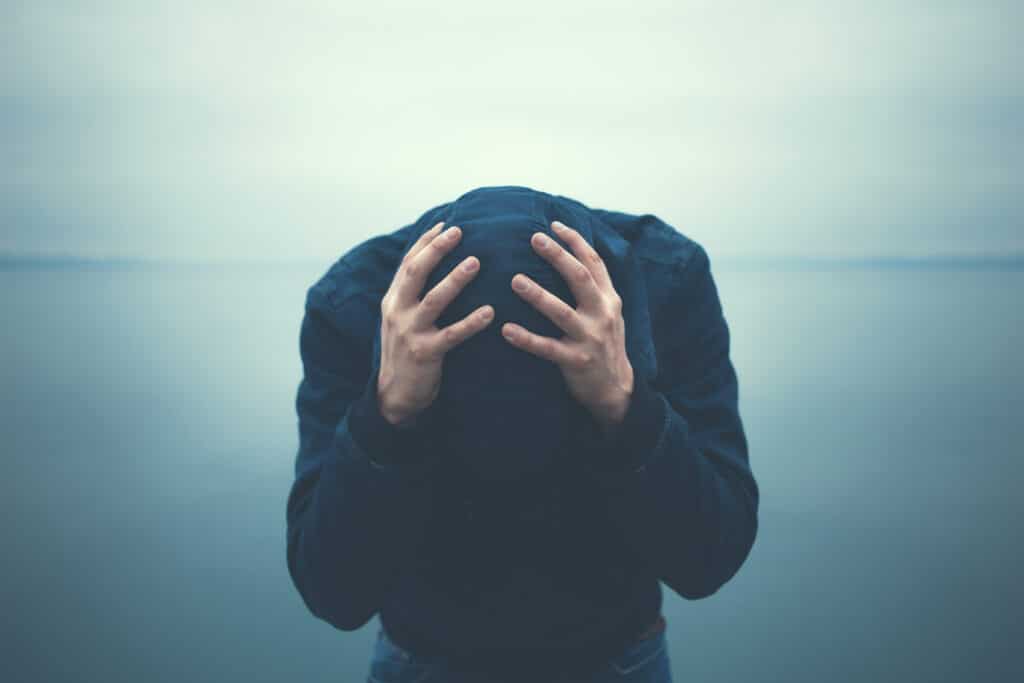Depression is a critical medical condition that affects people of all races. According to the National Institutes of Health, 2.1 million adults in the United States experienced one major depressive episode. Many people who suffer from depression downplay the seriousness of this condition and think they can snap out of it. However, it’s not that simple. Depression, especially clinical depression, can go deep, affecting how you feel, behave, and go about your normal activities. It can also lead to various emotional problems and make you think life is worthless. The good news is clinical depression can be treated. Many people have recovered from it and lived normal lives. But how do you know if you are depressed or diagnose that someone is suffering from depression? This post will discuss the signs and symptoms of clinical depression and how to treat it.
Satori Health is a mental health treatment center in the San Fernando Valley. Contact us today to find the best mental health treatment in Los Angeles.
What is Clinical Depression?
Clinical depression or major depressive disorder is a mood disorder characterized by repetitive feelings of sadness and loss of pleasure in activities you once enjoyed. As mentioned, major depressive disorder is a serious condition that affects a person’s cognitive function and quality of life.
Causes of Clinical Depression
Clinical depression is a multifactorial condition that a combination of various factors, such as genetics, environment, and trauma can cause. Other medical conditions can also cause it. Some of the most common causes of depression include:
Genetics
Major depressive disorder runs in some families, proving the condition can be genetic. If you come from a family with a history of depression, you are more likely to develop the disorder.
Brain chemistry
Imbalances in brain chemicals, such as norepinephrine and dopamine, can cause mood disorders and lead to depression.
Environment
Trauma, stress, loss of a loved one, domestic abuse, neglect, health issues, and financial problems can trigger depression or complicate existing symptoms.
Medical Conditions
Some medical conditions can also cause clinical depression. Chronic pain, thyroid disorders, and imbalances in neurotransmitters can worsen the risk of depression.
Substance Abuse
Alcohol and drug use can cause and increase the risk of depression.
Personality traits
People with particular personality traits, such as low self-esteem, are at risk of getting depressed. Negative thinking patterns can also contribute to depression.
Lack of social support
Lack of parental or social support, isolation, and poor interpersonal relationships can lead to depression.
What Are the Signs and Symptoms of Clinical Depression Signs?
To be diagnosed with depression, the person must exhibit certain signs and symptoms. Some clinical depression signs include:
- Feelings of sadness, hopelessness, or emptiness that could last for weeks or months
- Loss of interest in hobbies you find enjoyable
- Loss of pleasure in sex
- Lethargy and low energy
- Difficulty sleeping or sleeping too much
- Random eating and weight loss
- Poor memory retention and slow in making decisions
- Feelings of worthlessness, guilt, or helplessness
- Irritability, restlessness, or agitation
- Physical symptoms such as headaches or stomach problems that do not respond to treatment
- Thoughts of death or suicide
- Disruption in sleep patterns
Note that these symptoms may last for weeks, and experiencing them doesn’t mean you have clinical depression. A proper diagnosis needs to be carried out by a medical professional to ensure you have a major depressive disorder.
If you are experiencing these symptoms or know someone who has them, it is essential to seek medical help immediately. With proper treatment, you can recover from clinical depression and live a fulfilling life.
Treating Clinical Depression
It is possible to treat clinical depression. Treatment usually involves a combination of medication, therapy, and lifestyle changes. Below are commonly used treatment methods for clinical depression;
Medication
Medications, such as antidepressants, can treat clinical depression. These drugs minimize depression by increasing certain hormones, such as serotonin and norepinephrine. The downside of medications is that they may have side effects. Also, it may take several weeks before you start seeing results.
Psychotherapy
Also known as talk therapy, psychotherapy can be an effective option for clinical depression. Other types of therapy, such as cognitive-behavioral therapy (CBT) and interpersonal therapy (IPT), are also effective options. These therapies help people identify and change negative thought patterns and behaviors, improve communication, and learn coping skills.
Lifestyle Changes
Your lifestyle is essential to your sanity and well-being. Regular exercise, healthy eating habits, and good sleep hygiene can curb depression. Also, activities like yoga, meditation, mindfulness, spending time outside, and socializing with friends can reduce the risk of clinical depression.
Satori Health Provides Various Treatment Options for Clinical Depression
Seeking help is the best way to overcome clinical depression. At Satori Health, we provide individualized treatment based on the needs of the individual and support them throughout the process. We understand the circumstances of clinical depression. That’s why our supportive medical staff pays attention to the patient’s needs. Contact us today to learn more about our outpatient treatment center in Los Angeles.



